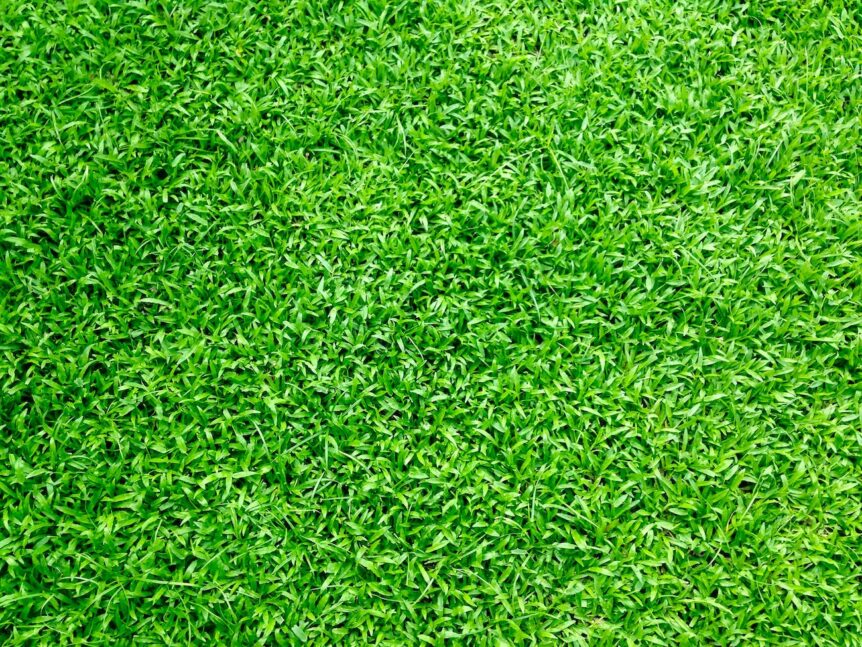Fertilization is crucial for maintaining healthy and vibrant landscapes, particularly in Florida’s unique ecological context. With diverse soil types, a humid subtropical climate, and a delicate balance of natural ecosystems, responsible fertilization is essential. This article explores the best practices for fertilizing in Florida, focusing on environmental protection and sustainable gardening and farming.
Understanding Florida’s Soil and Climate
Florida’s soil ranges from sandy in coastal areas to more loamy and clay-rich inland. Each soil type has different fertilization needs. The state’s warm climate accelerates nutrient uptake but also increases the risk of nutrient runoff into water bodies. Recognizing these factors is key to responsible fertilization.
Types of Fertilizers
Chemical vs. Organic: Chemical fertilizers are concentrated and quick-acting, while organic fertilizers release nutrients slowly and improve soil structure. Given Florida’s fast-draining sandy soils, slow-release or organic fertilizers are often recommended to reduce leaching.
Nutrient Needs: Florida soils often lack nutrients like nitrogen, phosphorus, and potassium, which are crucial for plant growth. A soil test can determine specific needs, helping avoid over-fertilization.
Environmental Considerations
Fertilizer runoff is a significant concern in Florida, impacting waterways and contributing to issues like algal blooms. Choosing the right fertilizer and applying it responsibly is vital to protect the state’s ecosystems, particularly sensitive areas like the Everglades.
Responsible Fertilization Practices Starts Now
Timing: The best time to fertilize is during the growing season, avoiding rainy periods to minimize runoff.
Application Techniques: Use a spreader for even distribution and avoid application near water bodies. Following label instructions is crucial.
Lawn and Garden Care
Different plants have varying nutrient requirements. Tailoring fertilization practices to specific plants ensures they receive the necessary nutrients without excess that can harm the environment.
Regulations and Guidelines in Florida
Florida has specific regulations regarding fertilization, particularly in sensitive zones. Familiarizing oneself with these rules is essential for compliance and environmental protection.
Innovations in Fertilization
Technological advancements, such as controlled-release fertilizers and precision application techniques, are making it easier to fertilize responsibly. These innovations help in applying the right amount of nutrients with minimal environmental impact.
Community Involvement and Education
Community awareness and education are crucial in promoting responsible fertilization practices. Many local organizations and extension services offer resources and workshops on sustainable gardening and landscaping.
Responsible fertilization in Florida is about balancing the nutritional needs of plants with environmental protection. By understanding the local soil and climate, using the right fertilizers, and following best practices, gardeners and farmers can contribute to a healthier, more sustainable environment.
Complete our online form, or give us a call today. We have the experience with Sarasota lawn care and will control pests in your yard and home. We have decades of local experience and can make sure your lawn looks its best as well! We make sure to use industry best standards to keep you lawn looking great while keeping our neighborhoods and communities safe.
For decades we have been trusted by thousands of your neighbors to keep their lawns green and the family safe from pests. Ask about out industry leading pest control.
If you are overwhelmed, need help or just want someone else to keep your family safe call us today!

